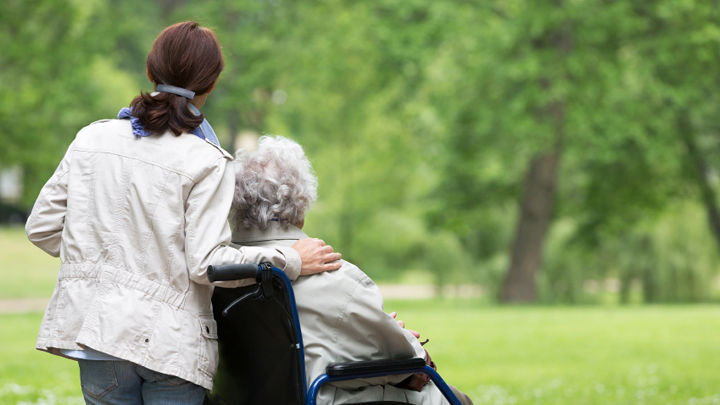How you can help your ageing relatives make that tough decision

There comes a time when the relationship between you and an older relative might become strained (and possibly even irreparable) as you navigate what is an inevitable role reversal, where difficult decisions have to be made.
No one likes to be told what to do, when to do it, or even how to do it. It’s especially so in seniors. You would have faced such challenges raising your children, weighing up your desire to keep them safe with their desire to explore and find their own way even if at times you thought it was self-endangering.
Regardless of just how harmonious your relationship with an older relative is, it can still be confronting for them (and for you) to have to address the pitfalls that are part and parcel of getting older.
You might have noticed your mother forgetting to take her medication, or your uncle seems to be less aware of what’s happening around him when he takes the car out for a drive. Your father has been suffering chest pains for an unusually long time, but refuses to seek medical advice, or your aunt has occasionally left the house not remembering to turn the stove off.
It can be obvious to you that your elderly relative needs some assistance to avoid potentially dangerous situations, but how do you go about this without being intrusive and avoid damaging the relationship you have with them.
One thing you might want to consider is the way in which you broach the subject. If you put yourself in the shoes of your elderly relative, would you be more open to attending to an issue if you were presented with examples of the concerns and an explanation of the reason why it might be time to address it or if you were told an action was going to be taken without your consideration being taken?
Using the medication example above, would it not be more beneficial to approach your mother with a “Do you think it would help if you have a medication dispenser that sounds an alarm to remind you to take your pills?”
Naturally if desired result is not achieved, you may need to consider becoming more direct to ensure your mother’s safety, which could include engaging with their health care professional.
Misunderstanding, misinterpretation of your intentions, disagreements among family members, hurt feelings, a feeling of loss of independence or powerlessness for your loved one, and the anguish of having to go against their wishes for you are all challenges you will face.
What you want to avoid is making out like you don’t believe your elderly relative is capable. Give them every opportunity to continue to make their own decisions. you might find that eventually it will get to a point where everyone involved realises a greater degree of change (i.e. increased care) is necessary. This is especially important when you are discussing the issue of death and dying — should a specific procedure be carried out to keep someone alive if there is little hope their quality of life will be what it once was?
Do not control the conversation. Speak to your elderly relative, not at them. This is not an ‘education’. Consider that your relative might be feeling embarrassed, ashamed or impotent as more decisions are made. You might want to try using humour and an outlook of positivity to help them move past the loss of independence.
By engaging in an open discussion you are affording your relative the opportunity to draw their own conclusions — albeit with a few well-placed suggestions — and they might consider any decision made is one they have made on their own.
There needs to be planning, understanding, patience, a sense of humour and a thick skin to get through each situation — and there are likely to multiple situations — when they arise.
If you respect your loved ones and you respect yourself you are well on the way for having the foundation on which you can make those touch decisions.
It should be an honour to provide care and support for your elderly relatives, but there is not denying the serious challenges you can be faced with. No one said it was going to be easy, and caring for an elderly loved one is most definitely not for the faint of heart.








 Proudly Australian owned and operated
Proudly Australian owned and operated